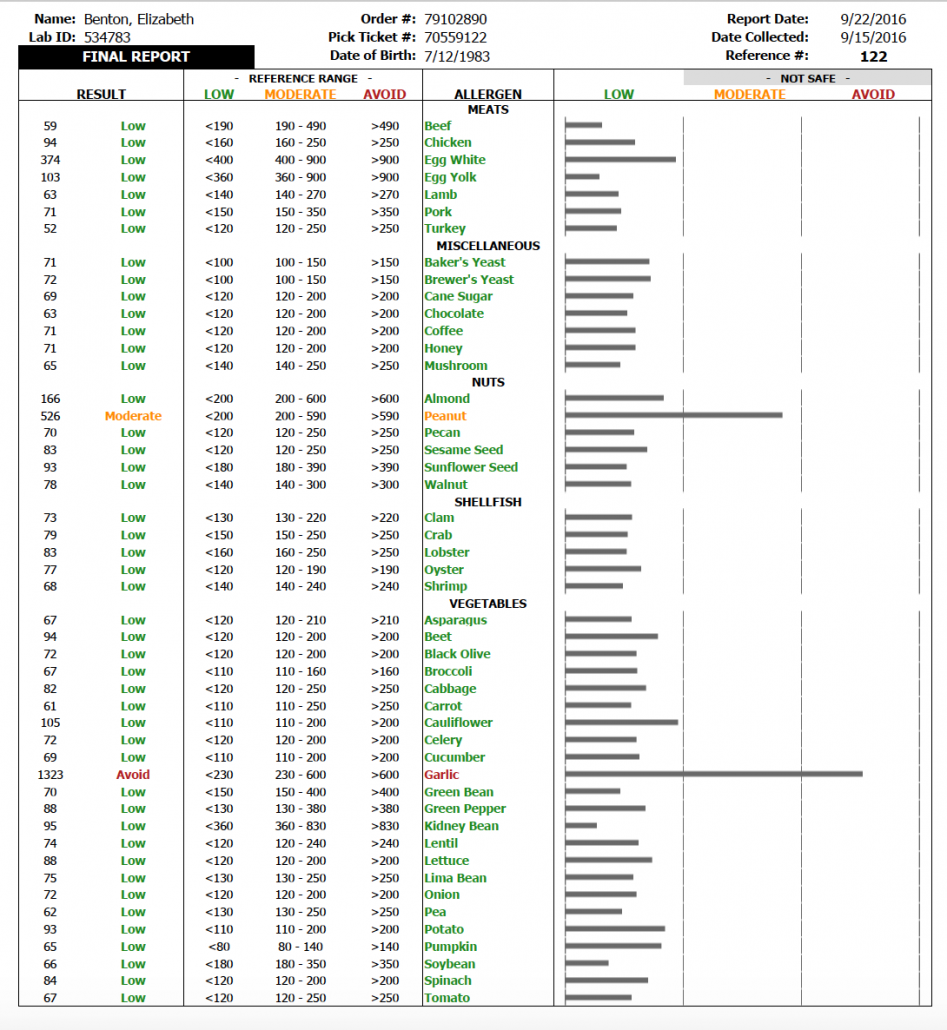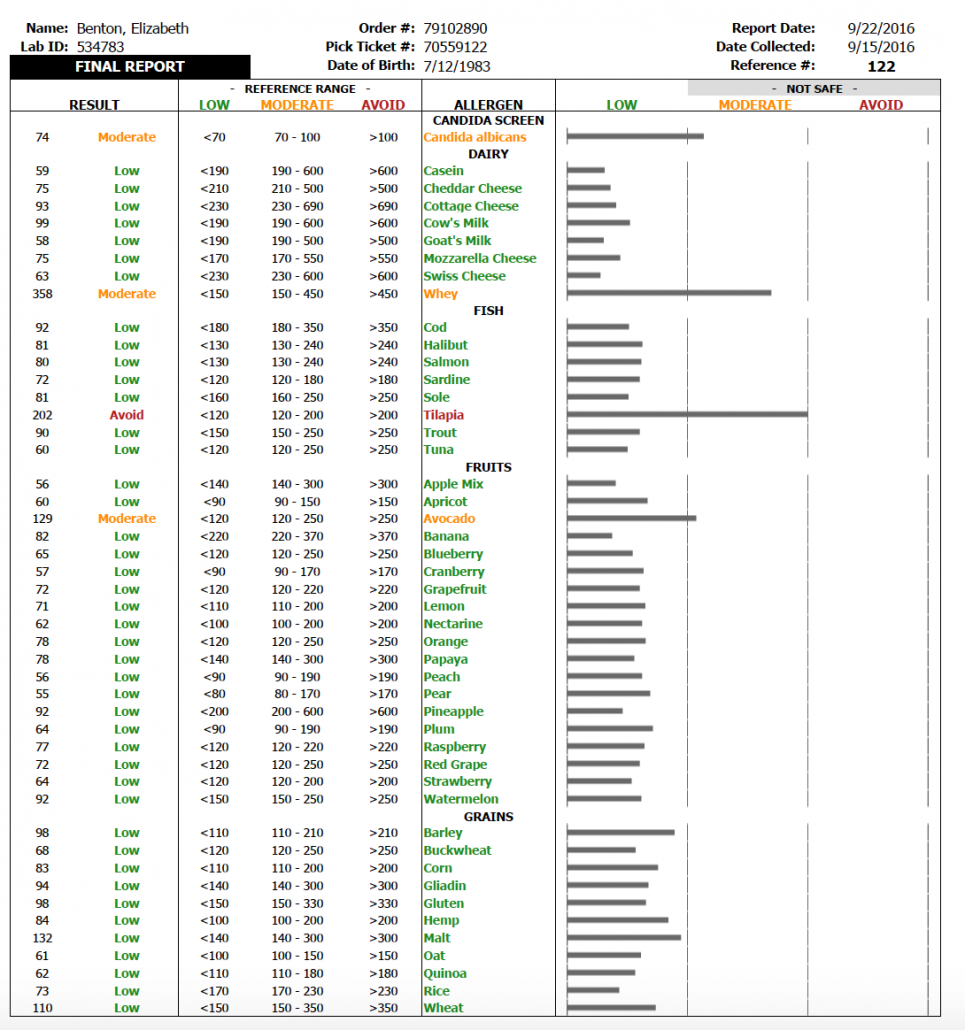If you haven’t listened to episode 237, please start there!.
In episode 237 I talk about the link between the foods you eat & your immune system.
I think it’s fairly likely that you’re consuming something to which you’re sensitive. It’s very possible that your fatigue, your trouble with weight loss, your acne, joint pain or constipation are related to something you’re eating.
Can we think about this from the common sense perspective for a second? The only fuel your body receives in order to operate comes from what you food, drink and breathe. Your diet is not a supplement. It is the ONLY thing that powers your body. So if something is not working properly, I think it’s safe to say that it might have something to do with what you’re providing to your body in the form of fuel.
Today I’ll be talking about the difference between food allergies & food intolerances as well as the most common foods to which people are intolerant, why they create problems and how you can identify if they are creating problems for you!
Listen Now
Food Intolerances: Are You Eating Things You Shouldn’t?
Let’s start by establishing the difference between a food allergy & a food intolerance.
If you’re allergic to something, you know about it. If you have an intolerance or sensitivity, you might not.
Allergic reactions often happen quite quickly after consumption and their impact is moderate-severe.
This is because allergies represent a response from IgE antibodies. Food sensitivities and intolerances represent a response from IgG antibodies.
The response triggered by IgE antibodies (in the case of food allergies) is likely to be swift, severe and not as long lasting as the response from IgG antibodies which tends to have a slower onset, the symptoms may be mild-moderate and the reaction can linger for weeks or even months!
The most common foods to which people are sensitive include:
- Gluten (and gluten-like grains & grain products)
- Eggs
- Dairy
- Alcohol
- Caffeine
- Nightshades
- Nuts & seeds
In today’s episode I go through why these foods trigger an immune response and what you can do about it. Don’t miss it!
I found that I am highly sensitive to garlic & tilapia and moderately sensitive to whey, yeast, avocado and peanuts. Here’s a peak at my results & here’s a link to the test I took.

Resources
The Autoimmune Solution by Dr. Amy Myers
What Are GMOs & Should I Avoid Them?
What You Need To Know About Gluten
Understanding The Link Between What You Eat & Your Immune System
Wanna Help?
If you find the Primal Potential podcast help, it would mean the world to me if you’d take a minute to leave a rating & review! That helps show platforms display my podcast to new listeners! Thank you so much for your support! I can’t tell you how valuable it is!
